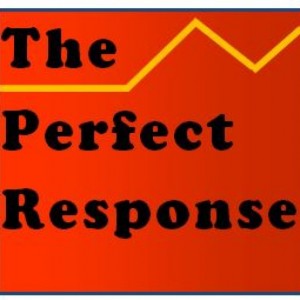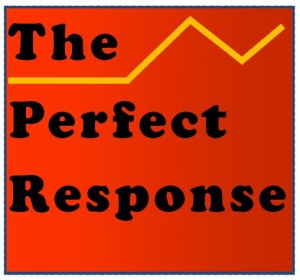Though times have changed, a decision to pursue graduate work should come with the hope of doing it full time, on location, and in the company of mentors and peers.
Covid has changed higher education by pushing more undergraduate and graduate work online. There are a few advantages to working on a degree off site. Part-time students who work full-time can avoid commuting times. And a few subjects may lend themselves to distance learning. But pursuing an academic degree away from the energy of a good graduate program has significant limitations.
For many, the decision to get an advanced degree starts by picking a campus that satisfies financial and geographical limits. Students usually go to graduate school for themselves, not for their parents, picking a field that aligns with their interests. Often a final choice is also shaped by interest in working with particular faculty, or exploring a program’s special features. We tend to forget that academia can function as a life-changing threshold, where new insights will fire enthusiasms that can last for a lifetime.
The search for practicality can easily douse those fires. Work, Covid and a kind of rampant careerism have too often turned the search for an M.A. or Ph.D. into another form of occupational training. Curiosity for a field’s deeper complexities seems to have been replaced by choosing a program for its ability to deliver a “ticket” of immediate employment. The model here is perhaps the MBA. Some pursue this degree out of sheer exuberance for the subject. But most are looking for ways to advance their financial prospects. We accept this, and the likely correlate that communications with instructors may be casual and infrequent. But even while the appeal of distance learning has spread throughout the society, fields of human inquiry especially in the arts, humanities and social sciences can look pale if also seen only as just a “ticket” to a job. A transactional motive for advanced education represents a weakening of what academic inquiry ought to be about. Universities are now frequently selling jobs and vocational training to make their quotas, but that doesn’t mean talented students should be buying.
High order learning works best as an immersion experience.
In watered-down online programs many of the canons that are part of the traditions of a subject may be left unexplored. Lost is coursework on a campus backed with an expansive range of human and material resources. Mentorship and the goal of seeking knowledge for its own sake also withers. Learning needs the model of an enthusiastic instructor that can perform their passion for their field. Those kinds of teachers are why most of us chose academe.
The immersive experience of on site and full-time graduate study has a lot of advantages. Learning in a room with others is synergistic; discussion enriches understanding of a subject. Students are likely to make contact with faculty not only in seminar rooms, but in their offices and sometimes their homes. The exchanges can be personal and direct, replicating the Oxford model, where regular meetings with a teacher are still the norm. Because discussion-based learning is intense, there is little chance to hide in a large classroom or at the other end of a Zoom session. A student has to take ownership of their work and insights in the presence of others.
I remember a time when I was ordered out of a Professor Robert Newman’s office at Pitt after offering an ill-formed conclusion about the conduct of the Vietnam War. Newman easily detected that I had no basis for making some of my glib conclusions: a fact I was about to find out in no uncertain terms. As he pointed to the door, and without looking up from his notes, his uttered a typical Newman exclamation: “Goddamn it Woodward; go read the reviews!” He wrote a book on tests of evidence, so I knew I had deserved his displeasure. And I was thankful to be shown the door rather than his eleventh floor window. His point was that I could leaven my ill-considered conclusions by at least reading some of the long form assessments written by other scholars.
The intensity of that dressing down-made an impression. With growing confidence I spent time at professor’s houses, got personal coaching on upcoming oral exams, and witnessed the routines of working academics. I was learning to do the kind of critical thinking that is seeded by real conversation.
High order learning should remain an immersion experience. Though times have changed, a decision to pursue graduate work should come with the hope of doing it full time, on location, and in the company of mentors and peers. Most of us following this route learned as much from the heightened and direct conversation as from the materials studied on a page or screen .
![]()



